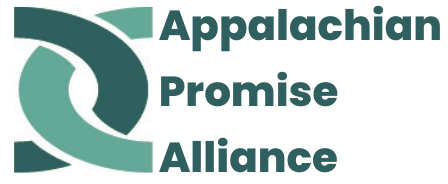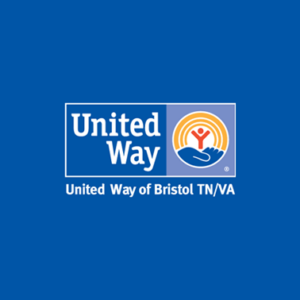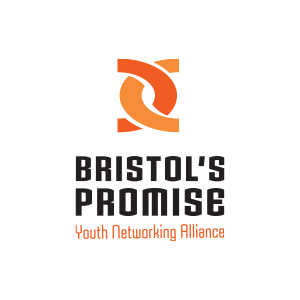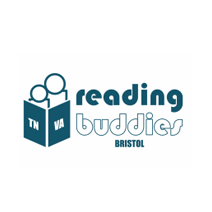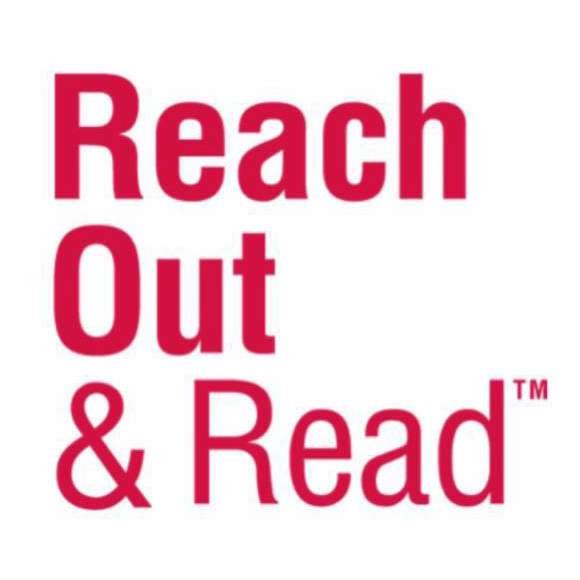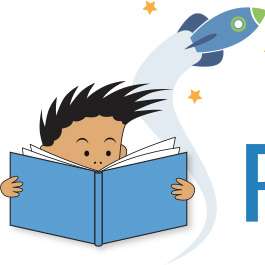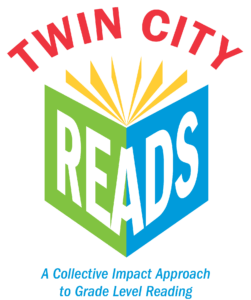
Twin City Reads is the organizing force for Grade-Level Reading, using a collective impact approach to focus on reading across our community with the shared goal of reading on grade level by the third grade.
It is proven that becoming a strong reader begins at birth. Language, knowledge, and curiosity are the cornerstones of reading success that should be cultivated from infancy, and in every setting. From spotting the caterpillar on each layout to the more advanced activities on the final pages of the book, It’s Bristol BABY! is intended to be a parent’s first tool of family engagement.
Facts that Matter About Our Region
- 33% of kindergarten children lack the basic language skills needed to learn to read. — Reading is Fundamental
- Children who enter school without being read to are 3-4 times more likely to drop out of school in later years. — The Office of First Lady Crissy Haslam Tennessee’s Read to be Ready
- 60% of America’s jail and prison inmates cannot read above a 4th grade level. — Begin to Read
- More than 80% of children from economically disadvantaged communities lose reading skills over the summer because they lack access to books, learning resources, and opportunities for library, bookstore, and/or museum visits
- The ability to read is critical to a child’s success in school. If they are unable to read, they will struggle in other subjects. — 3rd Grade Teacher Bristol, Virginia Public Schools
- A student who reads for pleasure and for a deeper understanding has a significant advantage — both while in high school and in college. — High School Teacher Bristol, Tennessee City Schools
- Two factors are widely recognized to impact a child’s acquisition of literacy skills: being read to aloud and access to books at home. — Tennessee Governor’s Books from Birth Foundation

The Campaign for Grade Level Reading Community Solutions
The Attendance Gap
Chronic Absence. Too many children from low-income families miss too many days of school. Research has found that one in 10 kindergarten and first grade students nationwide misses nearly a month of school each year in excused and unexcused absences. These students can ill-afford to lose time on task, especially in the early years when reading instruction is a central part of the curriculum.
The Readiness Gap
Too many children from low-income families begin school already far behind. The research also shows that these children are less likely to be read or spoken to regularly or to have access to books, literacy-rich environments, high-quality early care, and prekindergarten programs. As a consequence, these children may hear as many as 30 million fewer words than their middle- income peers before reaching kindergarten. Research shows that such interactions are critical for language development, an important precursor to literacy.
The Summer Slide
Summer Learning Loss. Too many children lose ground over the summer months. Without access to the enriching activities available to more affluent peers, research shows that children from low-income families lose as much as three months of reading comprehension skills over the summer. By the end of fifth grade, they are nearly three grade levels behind their peers.
Retrieved from The Campaign for Grade Level Reading, gradelevelreading.net (2019).
